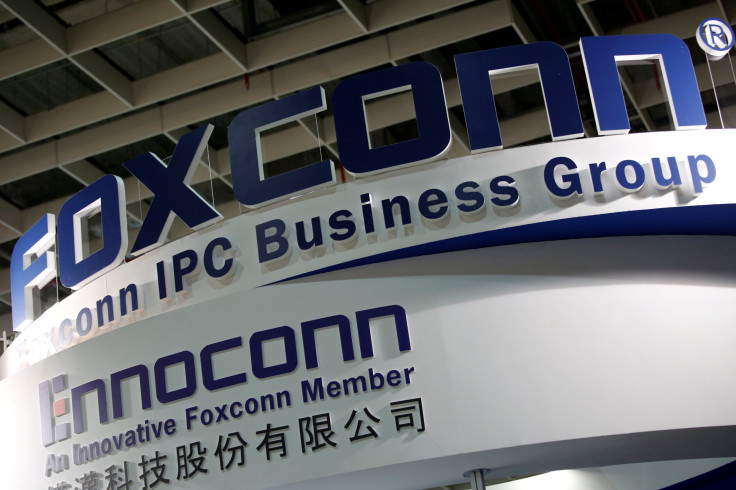iPhone Maker Foxconn Posts Profit In Q4 2016 On Strong iPhone 7 Sales

Foxconn, the largest assembler of Apple’s iPhones, posted Friday a 30 percent growth in profit for the fourth quarter of 2016 in a year-on-year comparison with the same quarter of 2015, defying expectations of a loss following structural changes. The profit has been credited to strong iPhone sales in the quarter, according to Reuters. Apple sold 78.3 million iPhones in Q4 2016, according to Apple Insider. Foxconn also cut losses by creating better production lines, improving distribution and using new procurement capabilities, the report added.
The profit breaks the trend for Foxconn, which had been continuously posting losses from Q3 2015 to Q3 2016. The company posted $2.26 billion in net profit in the last three months of 2016, according to Reuters. The figure exceeds the $1.6 billion estimate from leading analysts.
Read: iPhone 8 Might Have True Tone Display
While Foxconn makes smartphones for other companies too, Apple is the major driver of its sales. The company recently purchased Japanese display manufacturer Sharp and started manufacturing robots. Both investments have also started paying dividends, according to BGR.
This year could be another strong year for Foxconn as Apple is expected to launch three new iPhones including the 10th anniversary special edition iPhone 8, which is reportedly expected to have high-end features such as an edge-to-edge display, a 10nm processor and an improved camera. With the iPhone 8 expected to cost upward of $1,000, profit margins for Foxconn are likely to go further in the coming financial year. Although other Apple assemblers such as Wistron and Pegatron are slowly picking up pace in production, Foxconn remains the leading assembler of Apple's iPhones and is expected to lead in its smartphone production at least in the near future.
Read: Amazon, Apple And Google Bid For Toshiba's Chip Plant
Apple is also vying to invest further in smartphone manufacturing with its bid for Toshiba’s NAND flash chip manufacturing unit in its ongoing sale, according to Japanese media reports.
© Copyright IBTimes 2024. All rights reserved.





















